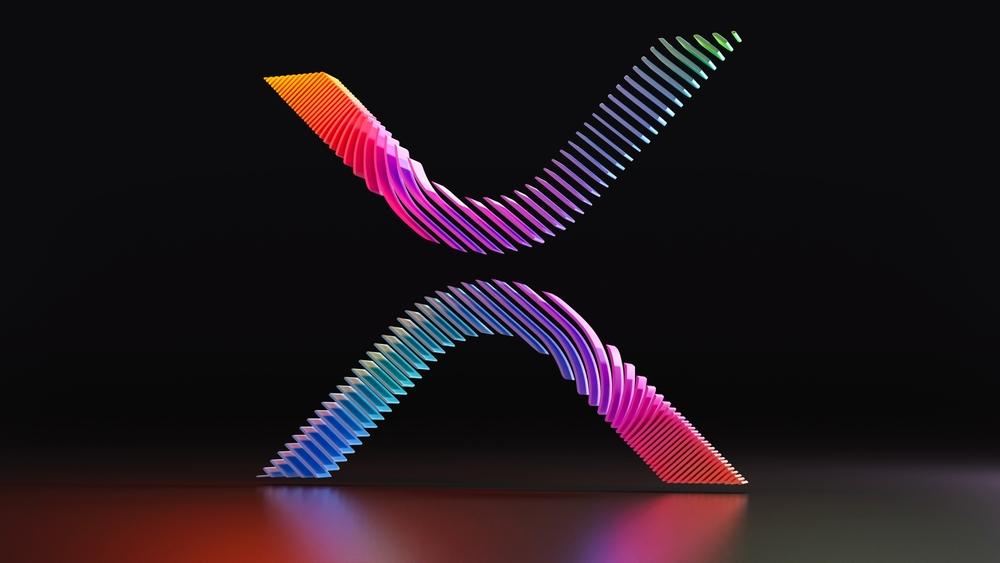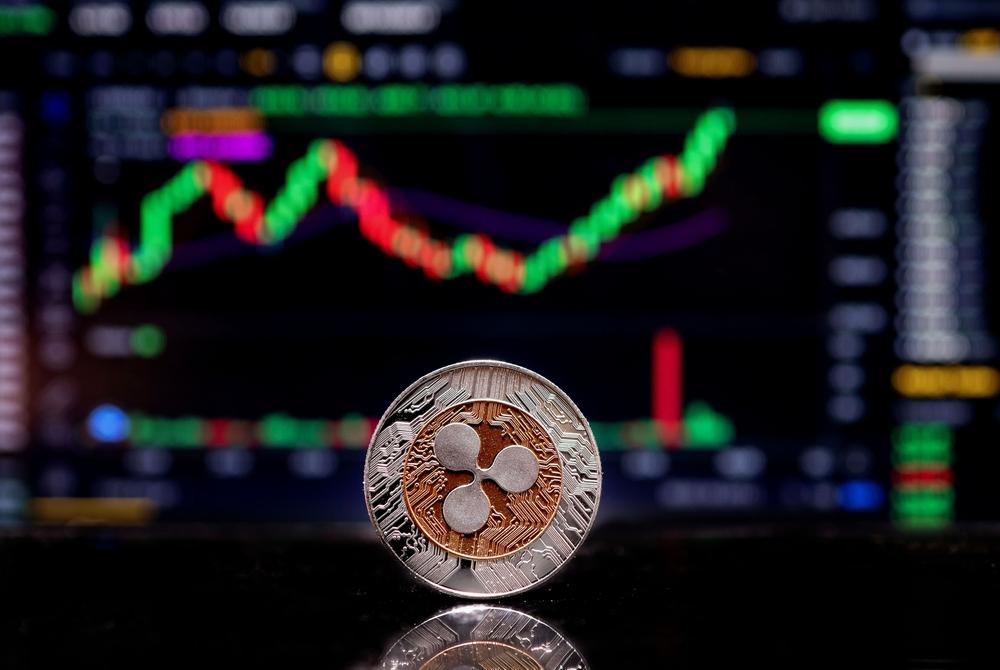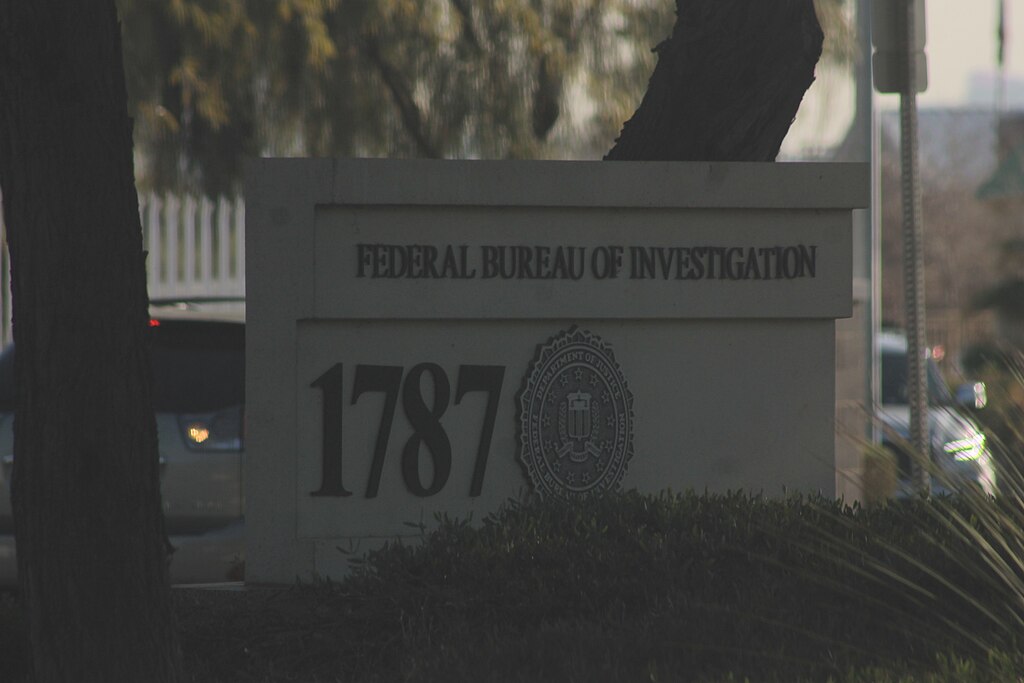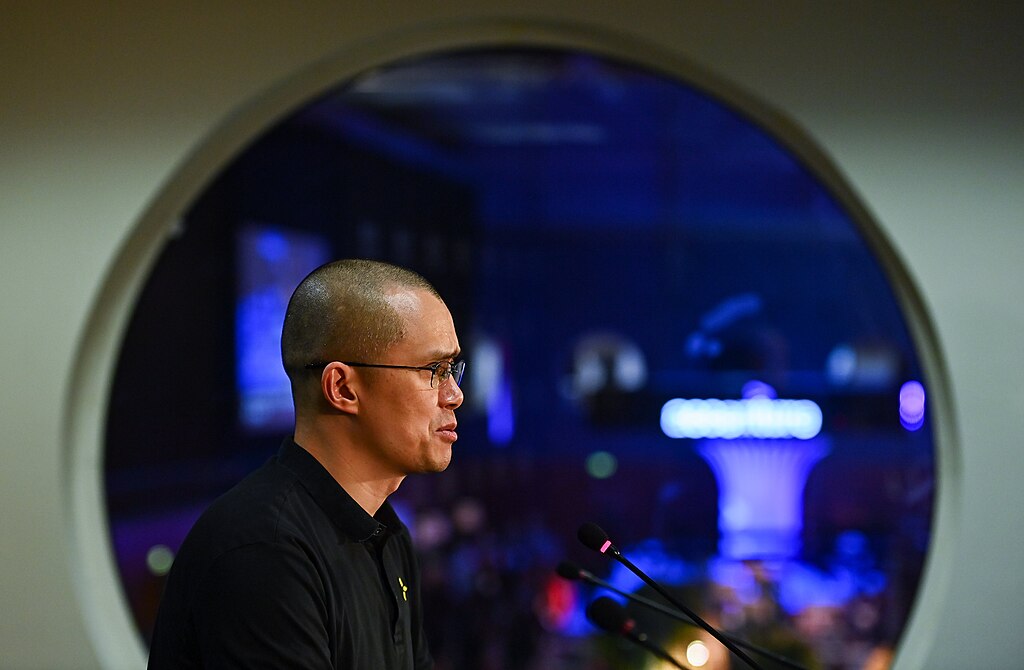The Indian Department of Economic Affairs (DEA) has officially announced that it has received a report on cryptocurrency regulation submitted the inter-ministerial committee which was set up by the Indian government in 2017.
In a press release dated July 22, the DEA said that the inter-ministerial committee has submitted its report along with a draft bill.
“The Government had constituted an Inter-Ministerial Committee (IMC) on 2.11.2017 under the Chairmanship of Secy (EA), with Secy (MeiTY), Chairman (SEBI) and Dy. Governor, RBI as Members, to study the issues related to virtual currencies and propose specific action to be taken in this matter. The Group’s report, along with a Draft Bill has been received by the Government.”
The report and the draft bill are now available on the DEA website. The committee, under the chairmanship of Subhash Chandra Garg, Secretary, DEA, has called for a complete ban on private cryptocurrencies in the country.
“The Committee recommends that all private cryptocurrencies, except any cryptocurrency which may be issued by the government, be banned in India.
“There is no underlying intrinsic value of these private cryptocurrencies. These private cryptocurrencies lack all the attributes of a currency. There is no fixed nominal value of these private cryptocurrencies i.e. neither act as any store of value nor they are a medium of exchange. Since their inceptions, cryptocurrencies have demonstrated extreme fluctuations in their prices. Therefore, the Committee is of clear view that the private cryptocurrencies should not be allowed.”
The draft bill, entitled “Banning of Cryptocurrency and Regulation of Official Digital Currency Bill, 2019,” aims to make it illegal in the country to “mine, generate, hold, sell, deal in, issue, transfer, dispose of or use Cryptocurrency.”
A person found to be engaging in such cryptocurrency-related activities “shall be punishable with fine or with imprisonment which shall not be less than one year but which may extend up to ten years, or both,” the bill reads. Reuters reported that the committee has recommended a fine of up to 250 million rupees ($3.63 million) along with the jail term.
The report and the draft bill will now be examined in consultation with all the concerned departments and regulatory authorities before the government takes a final decision.
Central Bank Digital Currency (CBDC)
The committee noted the efforts by global central banking authorities to issue CBDC and also acknowledged the inter-departmental group set up by the Reserve Bank of India (RBI) in this regard. While it believes that there are both pros and cons to issuing CBDCs, it recommended an “open mind” regarding the introduction of an official digital currency in India, adding:
“The Committee also recommends that a specific Group may be constituted by the Department of Economic Affairs, with participation from RBI, MeitY and DFS for examining and developing an appropriate model of digital currency in India and further, that as and when the decision to notify a CBDC is notified, the Reserve Bank should be the appropriate regulator.”
Blockchain or Distributed Ledger Technology (DLT)
While the committee has called for a complete ban on cryptocurrencies, it sees high potential in blockchain, the technology that underpins cryptocurrencies such as bitcoin.
“The Committee believes that DLT is an important new and innovative technology, which will play a major role in ushering in of the digital age. The DLT can be of great benefit to India in several financial and nonfinancial areas,” the report reads.
As such, it has called upon the DEA to take necessary measures to facilitate the use of DLT in the entire financial field. It has also recommended various regulatory authorities including, the RBI, the Securities and Exchange Board of India (SEBI), the Insurance Regulatory and Development Authority (IRDA), the Pension Fund Regulatory and Development Authority (PFRDA), and the Insolvency and Bankruptcy Board of India (IBBI), to look into the potential of DLT in their respective areas.
“The Committee also recommends that the use of DLT to reduce compliance costs for KYC requirements and further, that MeitY [Ministry of Electronics and Information Technology] and GSTN play a major technology supportive role for exploring and building the uses of DLT for enabling trade financing by enabling the growth of trade invoicing through DLT,” the report reads.


























Comment 0